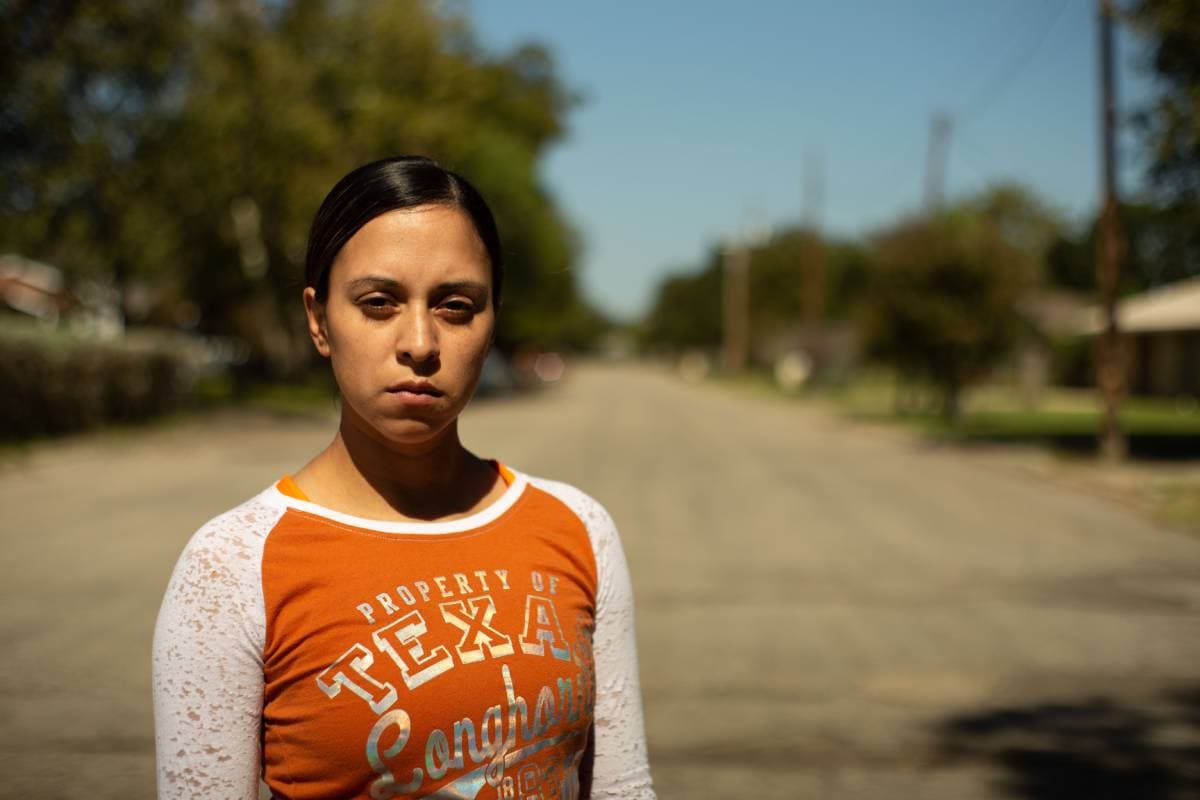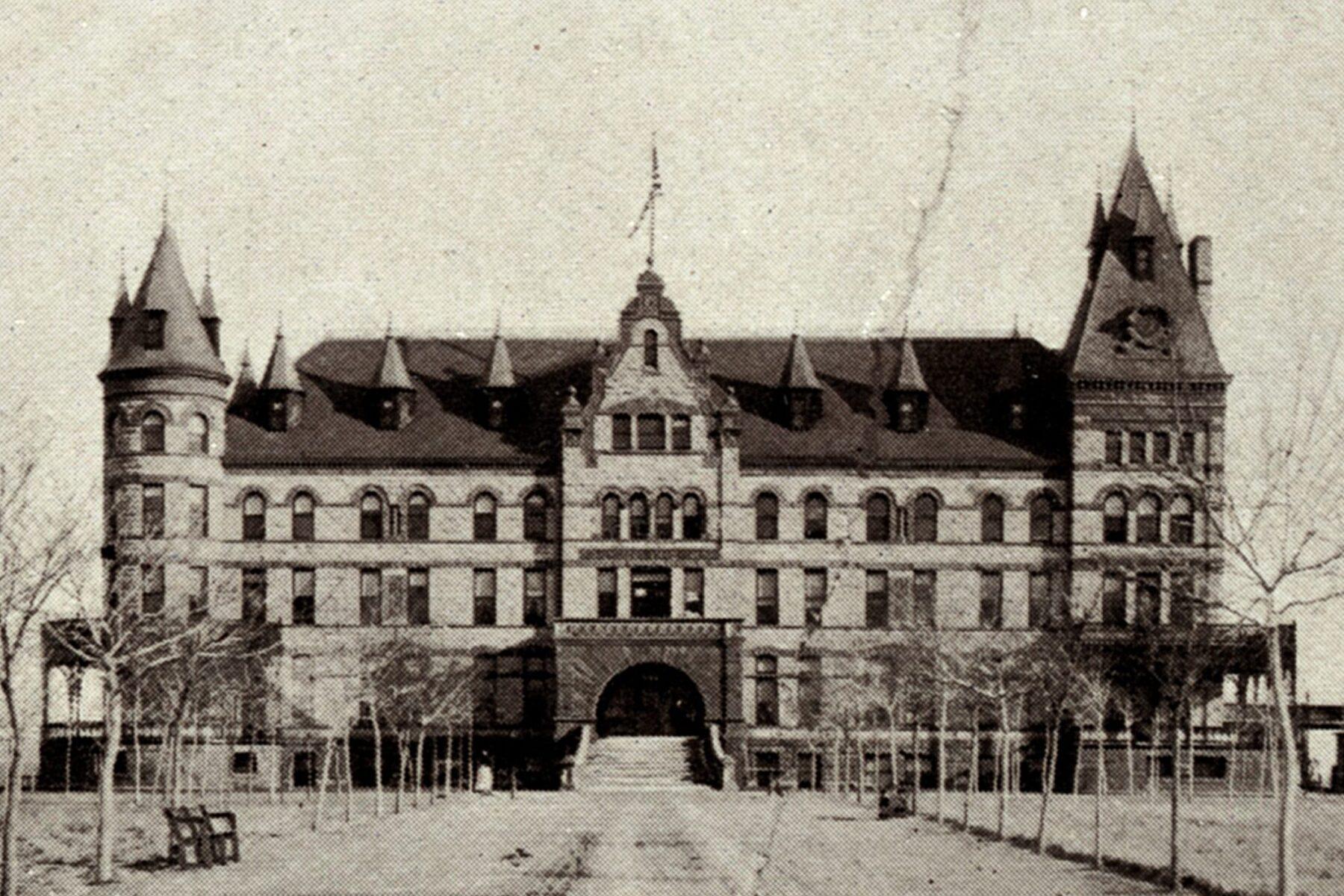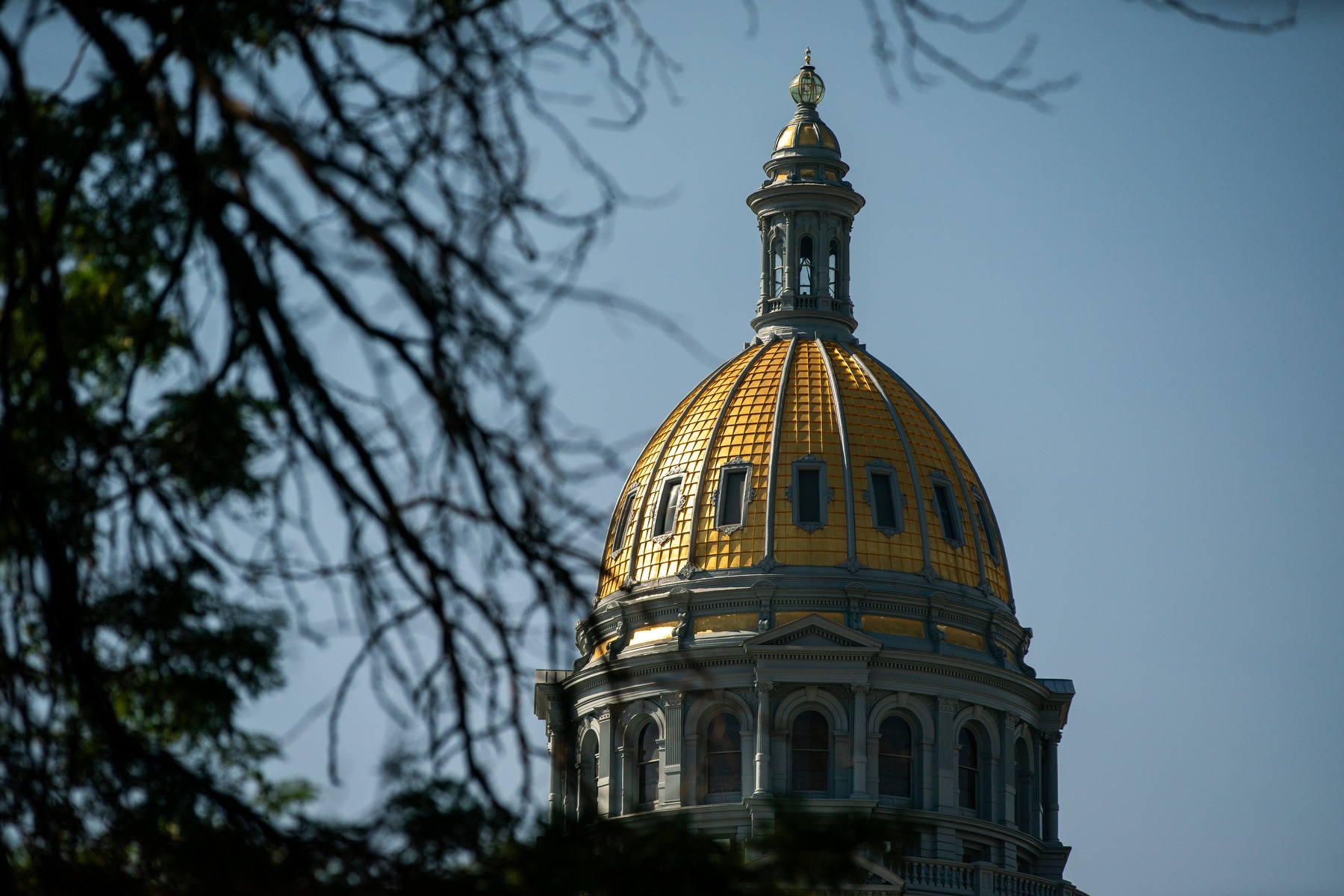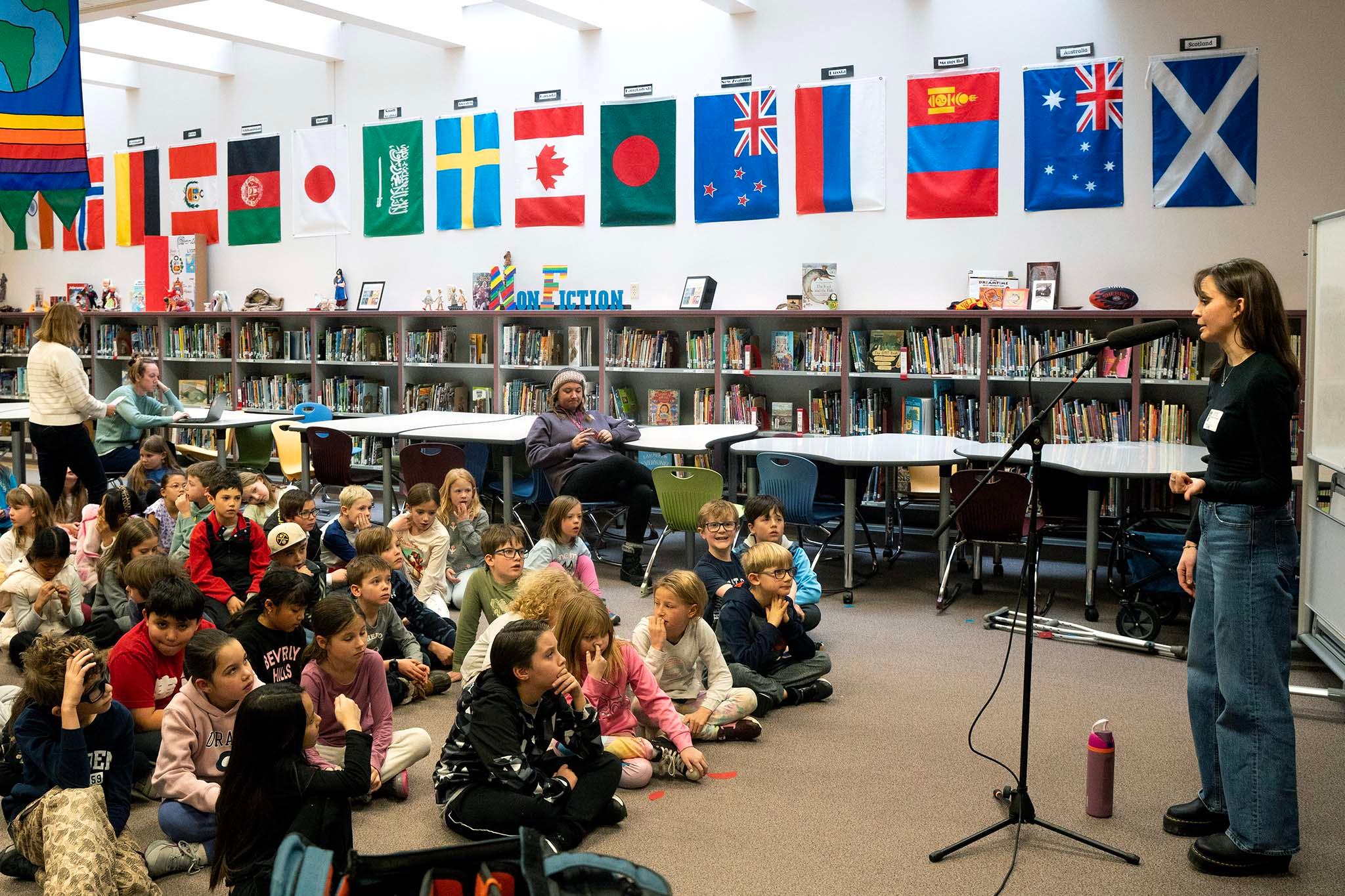
When police waited outside Robb Elementary in Uvalde, Texas — for more than an hour — one mother didn’t.
Angeli Rose Gomez ran inside, rescuing her two sons during the 2022 school shooting that killed 19 children and two teachers.
Her story is now the focus of the documentary “Uvalde Mom,” screening at the Rocky Mountain Women’s Film Festival at Colorado College this weekend.
Colorado Matters producer Hayley Sanchez spoke with filmmaker Anayansi Prado about what drew her to Gomez’s story, the challenges of documenting trauma, and what Colorado — no stranger to gun violence — might take from the film.
What made you want to tell this story, and what did you hope the film would achieve?
Like most of us, I was very moved by what happened in Uvalde. As I learned more about the community — a Latino, working-class farming town near the border — it really resonated with the kinds of communities I’ve been documenting for over 20 years.
I set out to find a story and came across Angeli’s. My goal in making the film was to uncover how systems meant to serve and protect have been failing our most vulnerable — in this case, children. Uncovering those failures is important if we want real change in the future.
How did your own background shape your connection to people in Uvalde?
Being a Latina immigrant helped me connect with the community. I’ve made films in similar parts of the country, but I was very aware that I was still an outsider — I’m not from Texas, and I’m not Mexican American.
So I hired a 100% Texas crew, primarily Mexican-American, to help me understand the culture and dynamics better. The ways we were connected worked to my advantage, but I also saw it as my responsibility to recognize my blind spots and tell the story accurately.
Why did you choose to include Angeli’s legal troubles?
I was drawn to her story because of how the criminal justice system failed her as a young woman, a mother, and a survivor of domestic violence.
I saw a parallel between her experience and the failure of law enforcement that day. Both reveal how systems that are supposed to protect us can instead work against us.
Your film shows Uvalde as a community still divided. How did you navigate that conflict?
People were experiencing real-time trauma, so it had to be handled with care. The film shows how the town began to split over issues like gun control and accountability.
I wasn’t interested in showing who was right or wrong — just documenting what happens to a town when there’s no accountability. These are people going through collective trauma they never should have had to experience.
Colorado is no stranger to this kind of pain — from Columbine to Boulder to Evergreen. What do you hope Colorado viewers take from the film?
I hope people see how these tragedies affect families for generations — and that we can choose to demand action.
We have a gun violence epidemic in this country, and it’s the leading cause of death for children in the U.S. today. If we want something different, we have to do something different. That means change in our laws and from our public officials.
“Uvalde Mom” screens at the Rocky Mountain Women’s Film Festival at Colorado College, Oct. 17–19. Colorado College owns KRCC's license but has no editorial influence.









